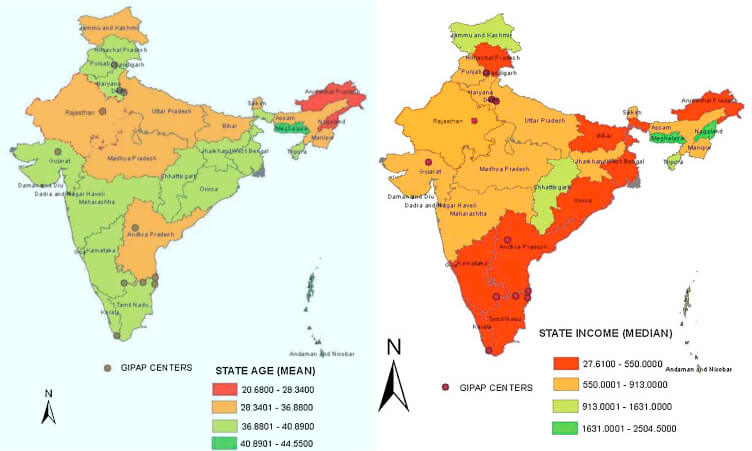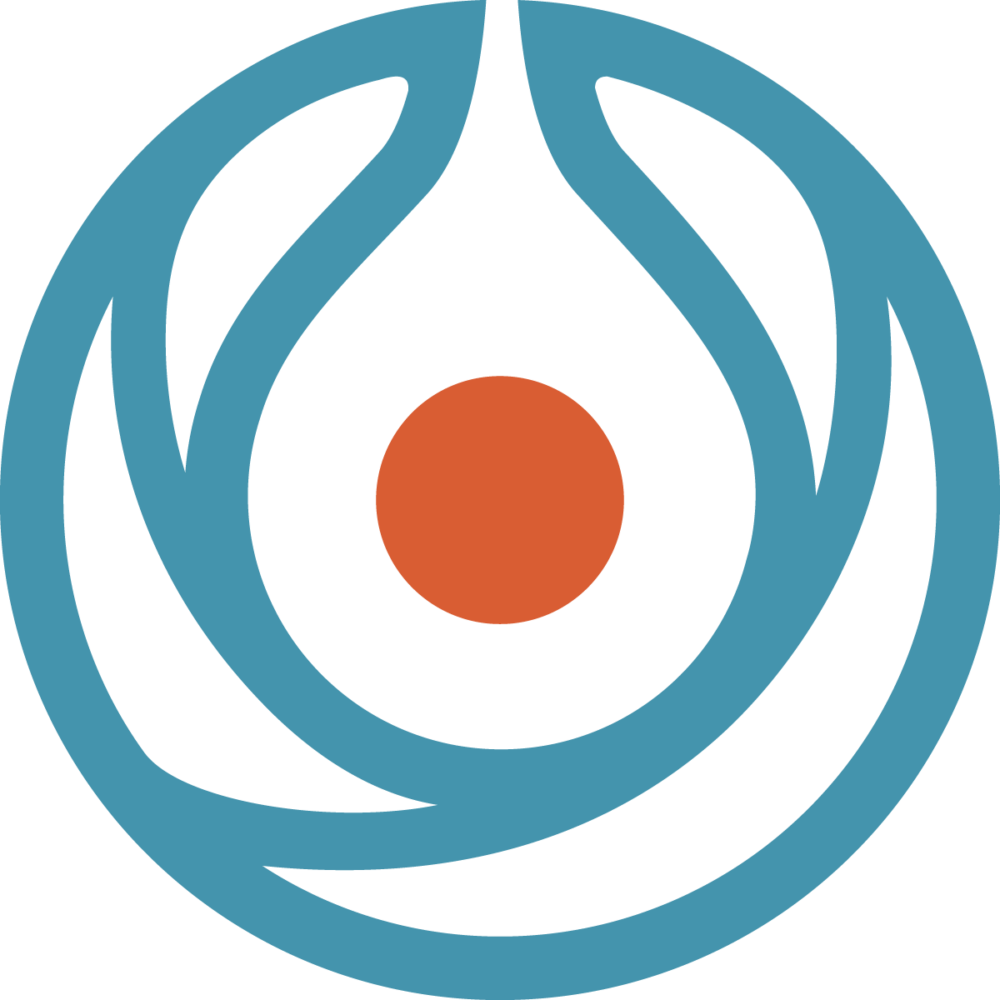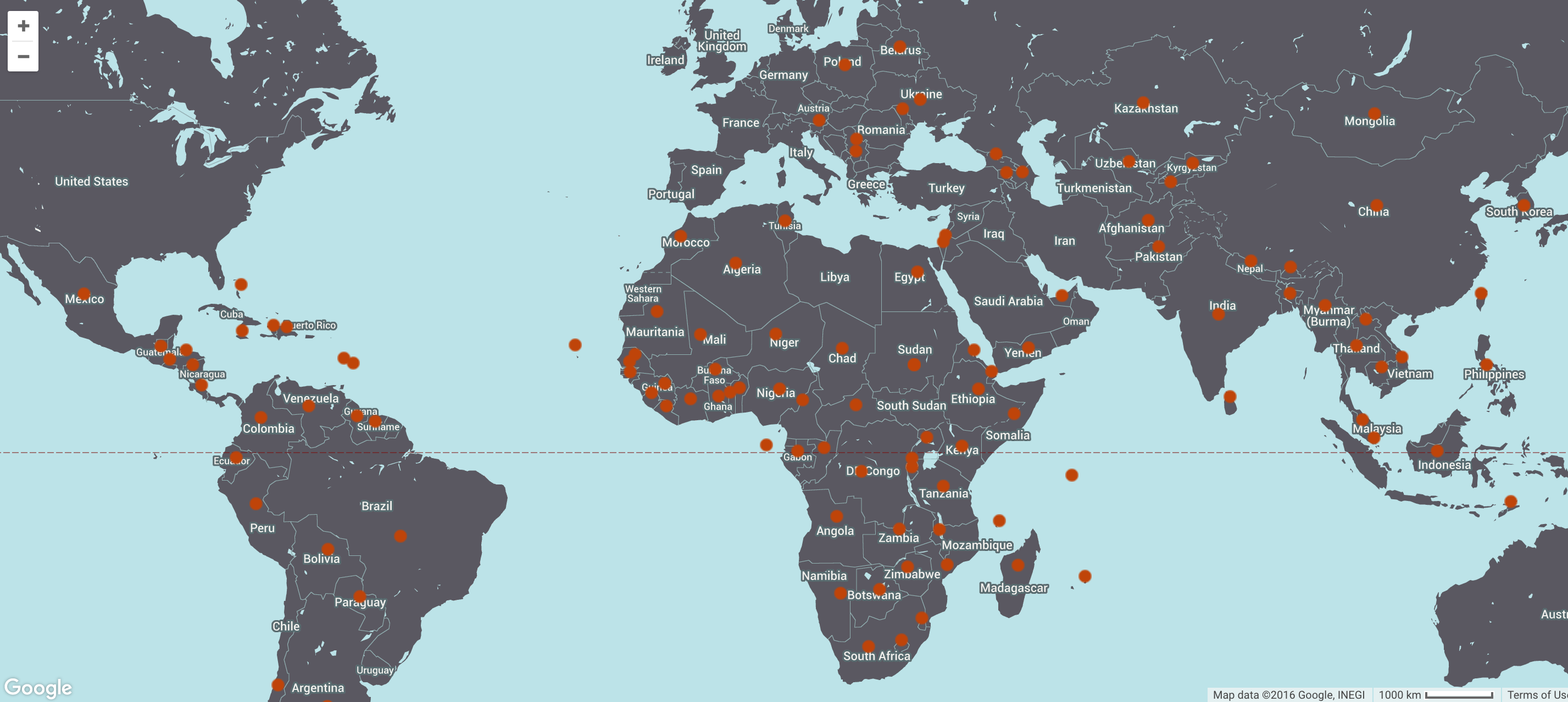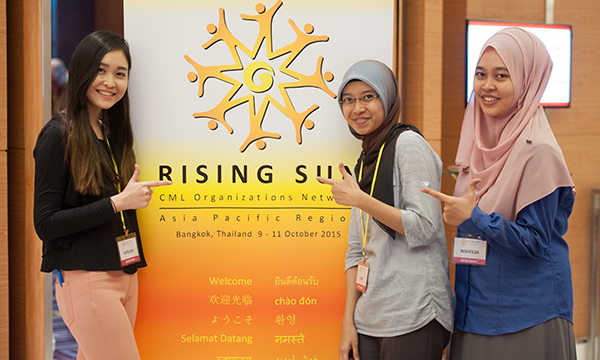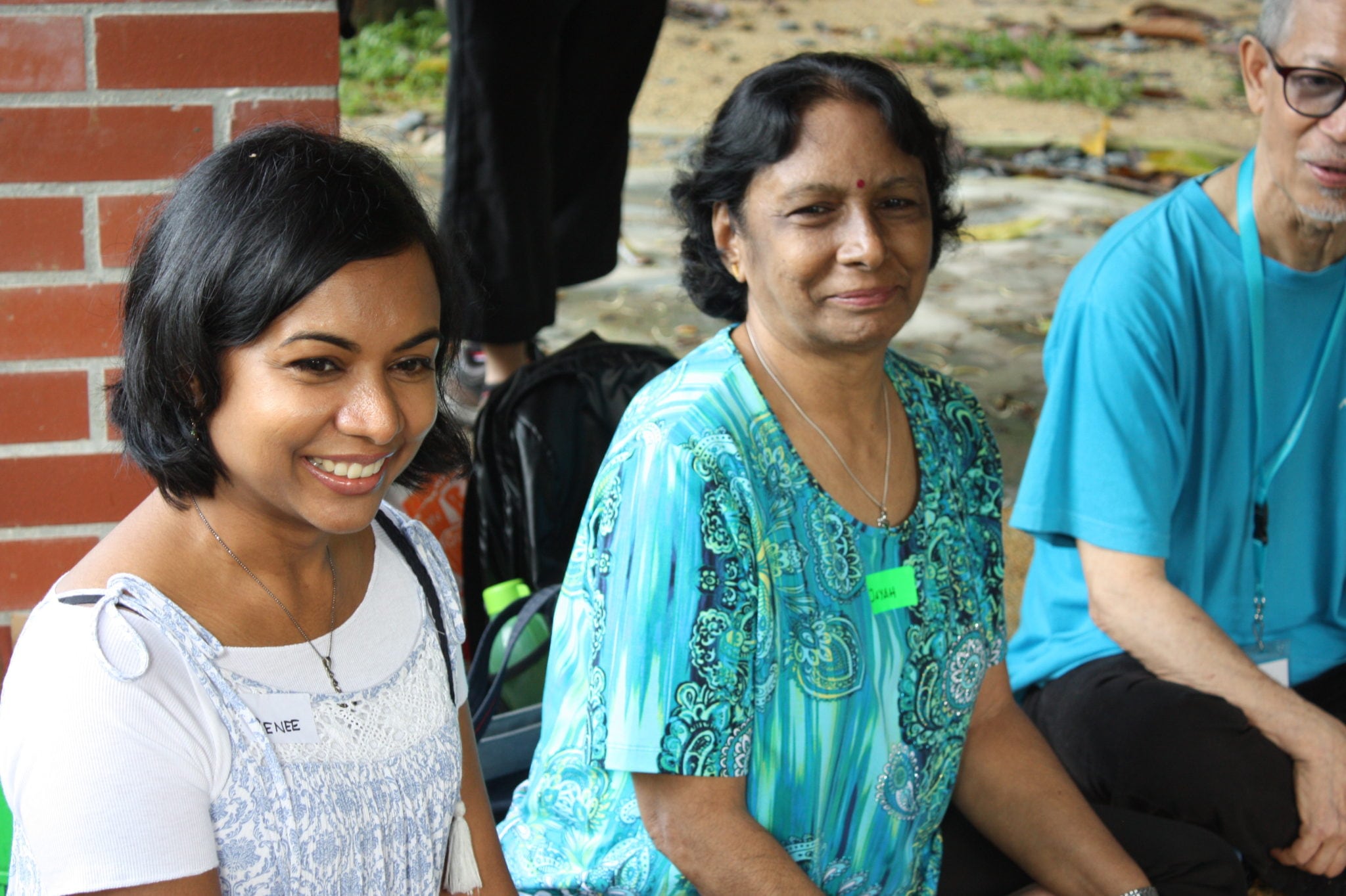Pop Quiz! How Well Do You Know Our New Site?
To celebrate the launch of our website, we hosted a celebration at Max HQ, which included a little friendly competition! We created a digital scavenger hunt on our website to see who knew our website the best. Test your knowledge about themaxfoundation.org and see how quickly you can complete the quiz!
